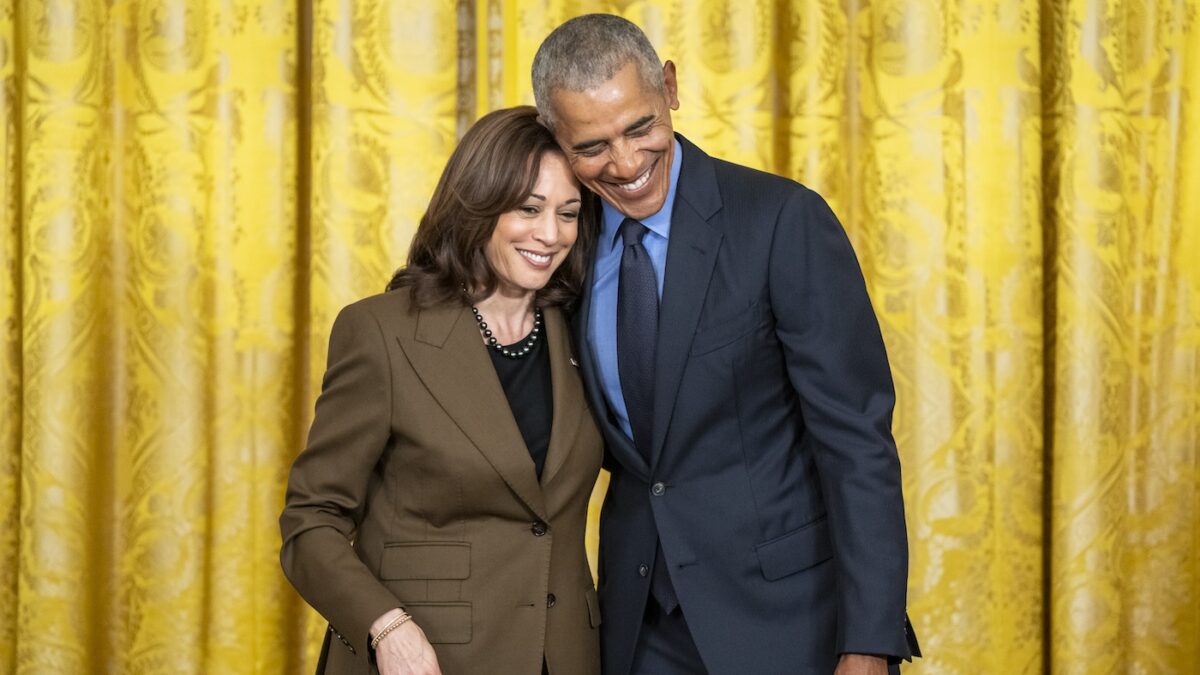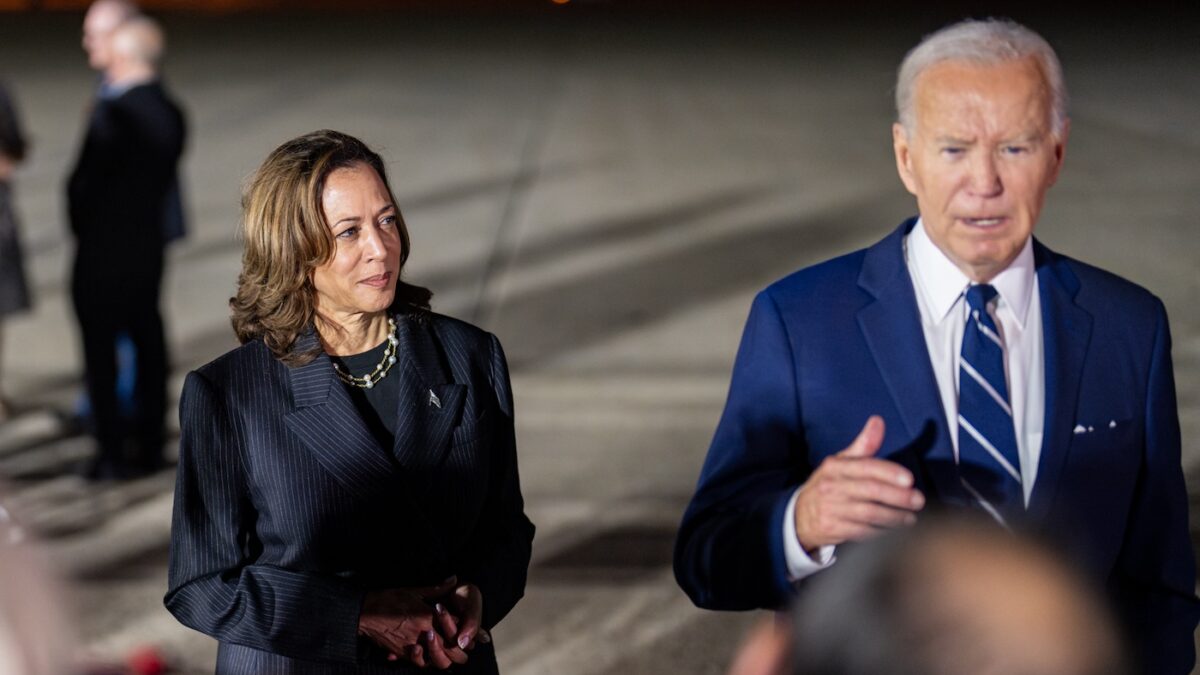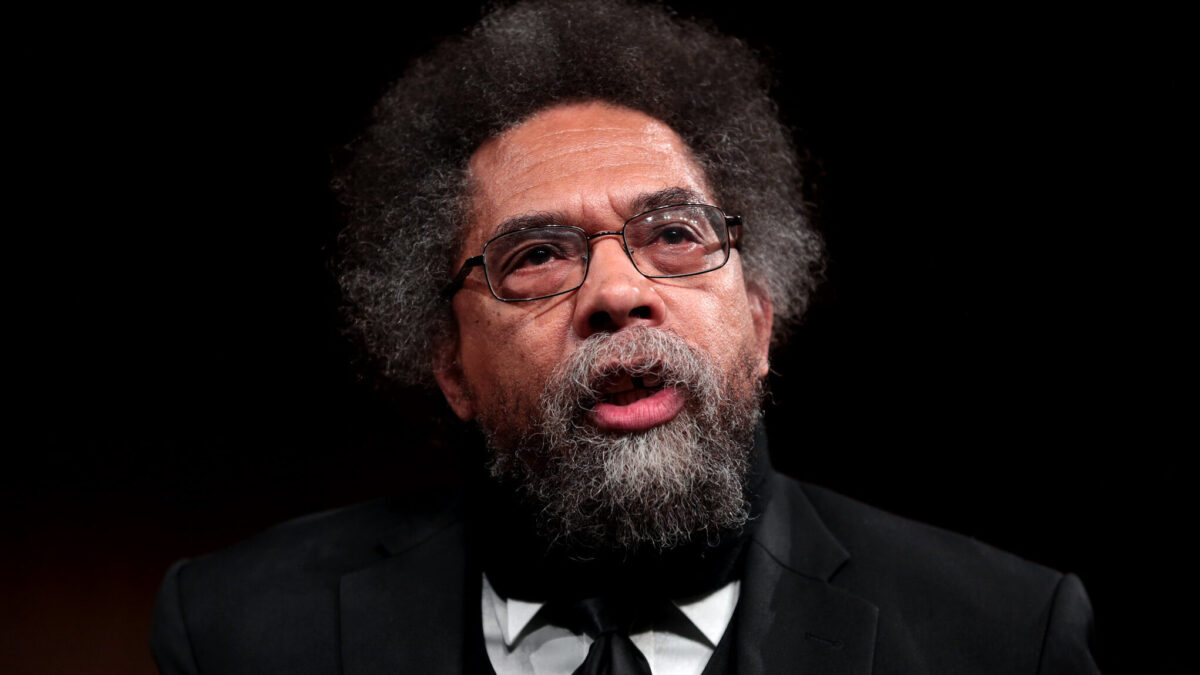As Democrats crowned Kamala Harris the presumptive successor to Joe Biden — an event that transpired with nary an actual vote being cast — some noted that Harris previously expressed support for banning private health coverage. When Jake Tapper asked her in January 2019 about the single-payer bill by Sen. Bernie Sanders, I-Vt., that she co-sponsored, which among other things would outlaw private insurance, Harris said the following:
Well, listen, the idea is that everyone gets access to medical care. And you don’t have to go through the process of going through an insurance company, having them give you approval, going through the paperwork — all of the delay that may require. Who of us has not had that situation, where you’ve got to wait for approval, and the doctor says, ‘Well, I don’t know if your insurance company is going to cover this?’ Let’s eliminate all of that. Let’s move on.
Harris’ series of statements (really, flip-flops) on this issue proved one of the reasons her desultory 2020 presidential campaign cratered so badly. And while the full history is more convoluted than the short clip from January 2019, Harris’ plan would largely have the same effects as her initial response to Tapper’s question: Most if not all people who like their current health coverage could not keep it.
Political Somersaults Over Maintaining Private Insurance
Following the controversy her initial comments generated, Harris undertook a series of “clarifications” about whether single-payer should retain a role for private coverage. Four months after her first interview with CNN, she argued in a follow-up discussion with Tapper that she didn’t mean to ban all private insurance. She tried to claim she wanted to “get rid of all the bureaucracy” and “all of the waste,” but keep a role for private insurance.
Harris also argued that the Sanders legislation she supported would keep private insurance — an assertion that even Tapper himself proved skeptical about. Tapper rightly noted that the Sanders bill would permit private insurance coverage only for the very few things not covered by the government-run plan, such as cosmetic surgery. Backed into a corner, Harris finally admitted that the concept of unions losing health plans they had and liked constituted a “legitimate concern” — a patronizing way of acknowledging an issue without addressing it.
In July 2019, two months after her second go-round with Tapper on banning private insurance, Harris released an outline of her own single-payer plan just before a Democrat presidential debate. None other than Joe Biden’s campaign attacked the proposal as a “have-it-every-which-way approach.”
Banning Employer Plans
The details of Harris’ plan demonstrate that, while she theoretically wanted to leave a role for private insurance, most Americans would lose the coverage they have now. Consider this paragraph from her plan:
Second, we will set up an expanded Medicare system, with a 10-year phase-in period. During this transition, we will automatically enroll newborns and the uninsured into this new and improved Medicare system, give all doctors time to get into the system, and provide a commonsense path for employers, employees, the underinsured, and others on federally-designated programs, such as Medicaid or the Affordable Care Act exchanges, to transition. This will expand the number of insured Americans and create a new viable public system that guarantees universal coverage at a lower cost. Expanding the transition window will also lower the overall cost of the program. (Emphasis mine.)
The last two words of the second sentence, “to transition,” mean that practically all existing forms of insurance coverage outside Medicare — from employer-based coverage to Medicaid and the Obamacare Exchanges — would be abolished. So much for, “If you like your current plan, you can keep it.”
If the concept of “transitioning” hundreds of millions of Americans wasn’t bad enough, Harris’ plan came with a second huge caveat: She claimed that “private plans in the new Medicare system will be held to stricter consumer protection standards than they are today, such as getting reimbursed less than what the Medicare plan will cost to operate.” This wording raises the possibility that federal bureaucrats could create a regulatory environment so strict that private plans couldn’t operate in practice, even if the federal government didn’t ban them explicitly.
Harris wanted this “transition” to take place over 10 years, or longer than two presidential terms. Moving the effective date until after she had left office wouldn’t “lower the overall cost of the program” once fully implemented, as she claimed, but it would mean she could potentially punt difficult choices — like how to pay for the full program or how to kick people off of their current insurance — to her successor.
Big Winner: Undocumented Immigrants
Even though Harris has taken just about every type of position on the issue of private coverage in a single-payer program, she hasn’t waffled on one issue. In her May 2019 interview with Jake Tapper, she made clear that she supports full taxpayer-funded benefits for individuals in the United States unlawfully: “I’m opposed to any policy that would deny in our country any human being from access to public safety, public education, or public health, period.”
In taking that position, Harris stands far to the left of 1993-era Hillary Clinton, who testified before Congress:
We do not think the comprehensive health care benefits should be extended to those who are undocumented workers and illegal aliens. We do not want to do anything to encourage more illegal immigration into this country. We know now that too many people come in for medical care, as it is. We certainly don’t want them having the same benefits that American citizens are entitled to have.
Coming just as the Congressional Budget Office released a report claiming that the migrant “surge” will result in tens of billions of dollars in new federal spending on health care entitlements, the contrast between Harris’ position and that of old-guard Democrats should remind voters that the vice president has little interest in serving as a “border czar” who actually solves the crisis at the border. Just like she has little interest in allowing Americans to keep the health coverage they have and like.









